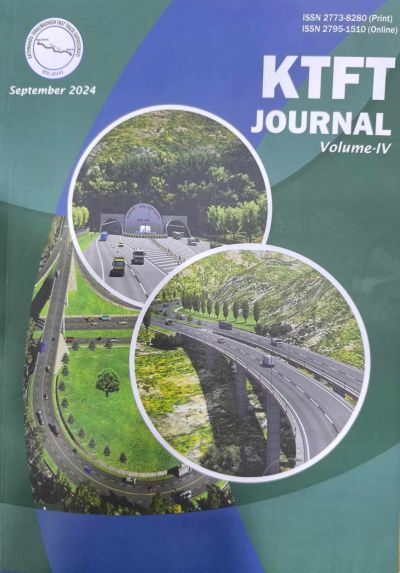A Paradigm on Kathmandu-Terai/Madhesh Fast Track (Expressway) Operation and Management
DOI:
https://doi.org/10.3126/ktftj.v4i1.70450Keywords:
expressway, operation and management, public private partnership, tollAbstract
The Kathmandu-Terai/Mahesh Fast Track (Expressway) Road Project, being constructed under management of the Nepali Army, is anticipated to be a transformative initiative for Nepal, driving rapid economic development with remarkable contribution to Gross Domestic Product (GDP). As Nepal’s pioneering expressway project, there ar concerns about is future operation and management. Globally, expressways are managed through various models, such as Public-Private Partnerships (PPP), Build-Operate-Transfer (BOT), and Build-Transfer-Operate (BTO), etc. However, these models need to be adapted to fit Nepal’s specific conditions, economic status, laws, and regulations. Since the project is currently financed entirely by the Government of Nepal (GoN), government operation is also a possibility with the procurement of service provider. Moreover, Nepal lacks established standards for toll road. This paper conceptually recommends the hybrid model blending the significant element of BTO model for the operation and management of the KTFT, drawing on successful global practices and theoretical considerations for sharing financial risk between the GoN and private companies. However, special attention should be given for strengthening the local partner with priority.




